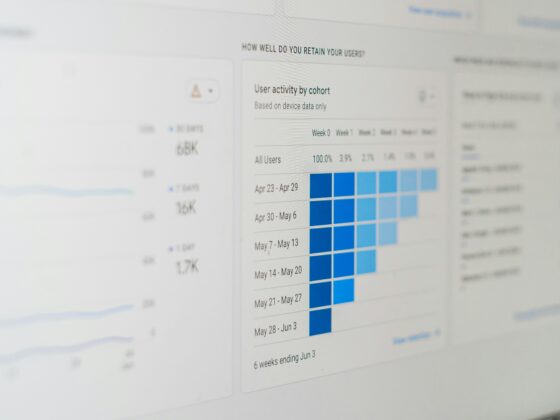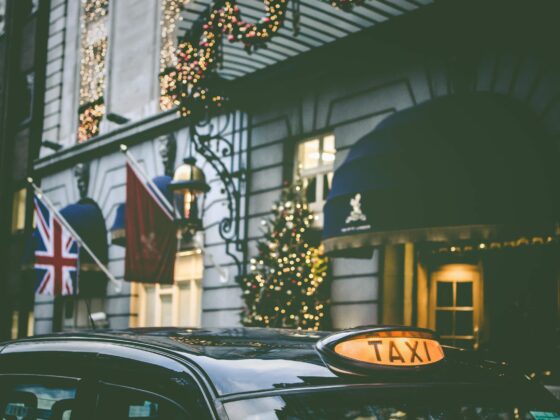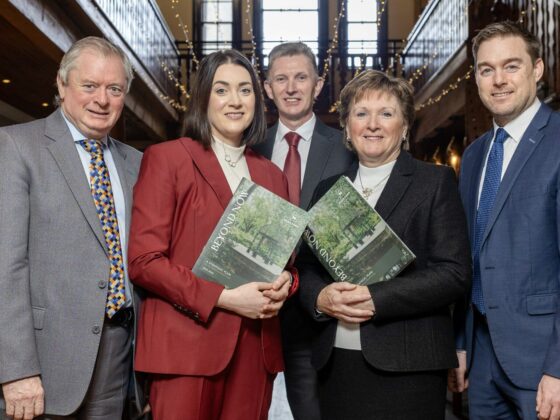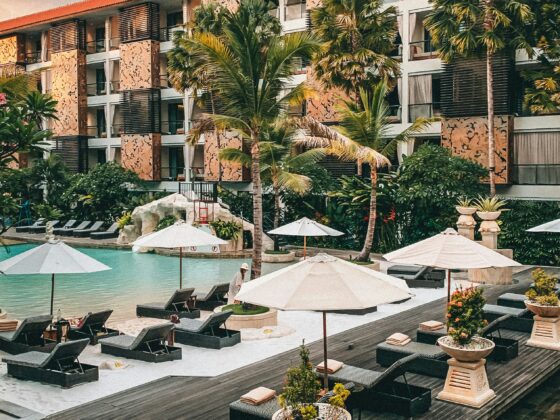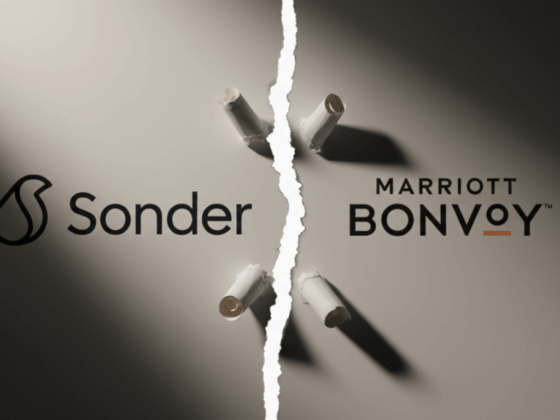
Changing Holiday Styles
Competition against serviced apartments and Airbnb has been notable for hotels for a while now. However, this market appears to be reaching a saturation point. Traditional B&B operators have reported a decline in bookings compared to previous years. This could present an opportunity for hotels in the coming year or two.
However, there are some shifts in traveler behavior that look set to last a bit longer, perhaps as a longer lasting effect of the pandemic. Some travelers still see staying in self-contained accommodations as a safer option. And many travelers are now more accustomed to a flexible booking approach, planning trips at the last minute.
Luxury leisure travel is another area that is doing relatively well in 2024. The performance of luxury independent properties has been bouncing back since the pandemic, and it’s a part of the sector that has remained strong during 2024. This resurgence has been seen in traditionally popular destinations like York and Edinburgh, but also in cities like Liverpool and Glasgow.
“Hotels have had to really look at how they can capture that leisure business, so there’s been a lot of rethinking as to how they get a slice of that pie,” said Catt McLeod, Vice President Brand Development at Elegant Hotel Collection. “Even in locations like Liverpool, for example, where you’re getting both that leisure high rate and corporate high rate, whereas, perhaps some of these northern cities wouldn’t have typically been such strong leisure destinations. And we’re seeing very, very strong production. So a much greater spread of business, both in corporate and in leisure.”
Challenges in Road Ahead
Overall, it’s fair to say that the performance of the hospitality industry in 2024 has been largely flat, with some regions and market segments faring better than others. The main challenges that lie ahead are around finding the right rate strategies, driving direct bookings, managing costs, and investing in the right technology and talent.
Setting rates for a year or further ahead is a difficult area for many hotels, given the uncertainties around fluctuating costs. Yet corporate clients especially want and need to secure these rates with long lead times. “Predicting, forecasting and setting budgets and rates for 12 months out is just very difficult,” Siberry said. “It’s really a finger in the air exercise. A lot of the time travel patterns have changed so much. Lead times have changed. The demographics of and the behavior of the passengers have changed.”
Staffing has been an ongoing challenge in hospitality for a while now. But this isn’t often spoken about in the context of management and leadership roles. More hoteliers are starting to realise the challenge posed when good leaders leave. “You’ve got to employ good quality GMs and management teams that understand not just the ethics and values of managing a good team, but the technical expertise to assess trends,” said Gregor Ritchie of Optimum Hotel & Leisure Management. “Retain your management team if they’re good, because if you lose them, you set your whole strategy back months, if not years.”
Opportunities for Hoteliers
With challenges come opportunities, and hoteliers say there are plenty of them looking into 2025 and beyond. Independent hotels, particularly those in the luxury market, have had to adjust to changes in both corporate and leisure travel. But they’ve found direct booking strategies have become crucial. And hotels that plan 18 months to two years ahead are better positioned to capture both leisure and corporate business. This long-term planning is necessary to navigate the competitive landscape, where branded hotels are vying for market share.
The demand for Meetings, Incentives, Conferences and Exhibitions (MICE) has been generally increasing in 2024, and commentators say this is set to increase further. In fact, the global MICE market is projected to grow from $970.76 billion in 2024 to $1,932.73 billion by 2032 (Fortune Business Insights). Hotels looking to benefit from this potentially lucrative area should be planning their strategies now.
Personalization is another area that could give hotels a competitive advantage. “one of the things driving a lot of hoteliers at the moment is personalization,” Pendlebury said. “I think the reality of personalization is really kicking in now and people are expecting it. And if they don’t get it, they’re disappointed. I think that could be something that separates the wheat from the chaff – where they are able to make each guest feel independent and independently valued.”
There’s no doubt that hoteliers must continue to adapt to an ever-evolving market, staying ahead of trends in consumer behavior, corporate travel, and strategies that will give them a competitive edge. While challenges persist, we know the industry’s capacity for resilience and innovation is there. For those willing to embrace change, there are some exciting paths forward.


